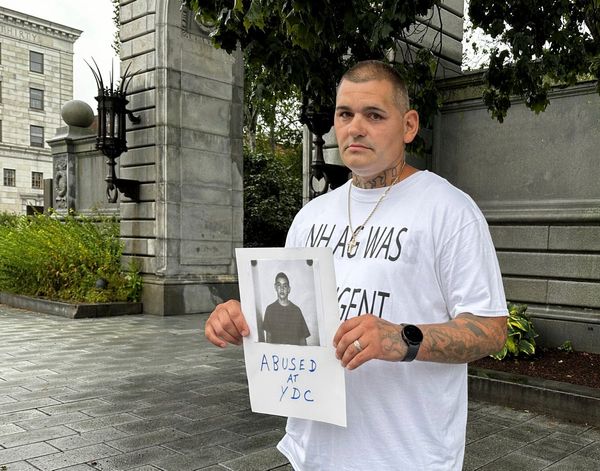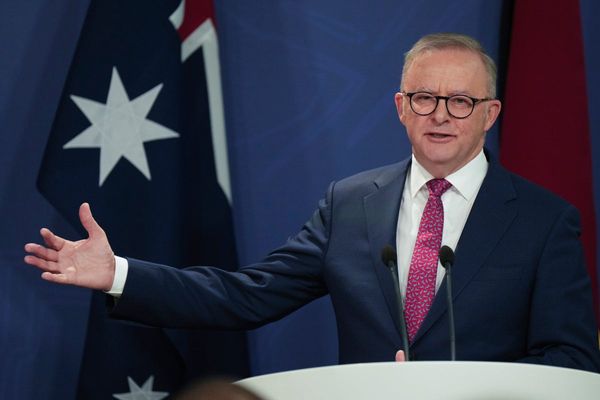A Dublin-based music therapy service will have a free workshop for those affected by Parkinson's disease, ahead of Parkinson’s Awareness Day next Tuesday.
Neurolinks Music Therapy are collaborating with Ireland’s largest Parkinson’s charity Move4Parkinson’s, who are organising a free workshop from 2-5pm on Friday April 28 in Killiney. Attendees will get the chance to experience some of the techniques they commonly use at the service.
Leading Neurological Music Therapist Dr Shane Cassidy told Dublin Live their service helps people with Parkinson's on several levels - psychological, informational, as well as with their speech and mobility issues. He said: "A lot of people have become very isolated as a result of this diagnosis, which is horrendous, because of mobility issues."
Read more: New media training programme launched for young people from underrepresented communities
His service does one-on-one sessions, group work, and they also do some outreach work with various hospitals, day facilities and charities. He added: "We recently had a group and there were a number of recently diagnosed people and it was a clear support for them - to be able to share the emotional side of things as well, and be in a safe space with a qualified therapist to kind of process and work through that life-changing diagnosis."
The service incorporates music rhythms in their therapy to help with the changes in the walk that people with Parkinson’s would start experiencing. He said: “The length of their strides will become shortened and therefore they have this inclination then to speed their rate of walking, even though it's smaller steps.
"And that comes with a risk then of falls and of course fractures and everything that goes along with falls. In that case, we're using rhythm to elongate the strides, and it’s acting as a template for steps and working on increasing their gait speed."
Their speech is also impacted. People with Parkinson’s experience reduced volume of their voice, they might also tend to rush their words and their articulation is lost, Dr Cassidy said.
Music therapists work together with speech and language therapists to come up with a program that would suit the clients. He said: "Working on that projection and that awareness that maybe your voice - you might just need to speak a little louder than you think you do."
The third aspect of the music therapy would be to help people process their diagnosis and deal with their emotions. They would be playing music together or describing the sense of how they’re feeling as a result of the diagnosis.
Some even decide to do song-writing, Dr Cassidy said, emphasising that being musical is not a pre-requisite for participating in music therapy. He added that the service is a tool to manage the symptoms from a very early stage, and to inform and empower those diagnosed with Parkinson's.
Dr Cassidy hopes that music therapy will become more mainstream. He also hopes it would get statutory recognition and funding from the HSE so that people would get a more immediate and available access to it. To read more about the clinic, go to their official website .
Parkinson’s is most commonly diagnosed in a person’s 60’s, according to Parkinson’s Association Ireland. It can however also affect younger people. Parkinson’s is the second most common neurodegenerative condition after Alzheimer’s.
Read next:
Penneys recalls thousands of kids' shorts over strangulation fears
Miserable Dublin bank holiday forecast as expert says 'risk of storm' looming
Celebrations in Dublin as lucky punter scoops €500,000 in Daily Millions draw
Charlie Bird shares special video message as next Walk Of Friendship event announced
Man arrested after cannabis worth €188k found at Dublin Port
Sign up to the Dublin Live Newsletter to get all the latest Dublin news straight to your inbox.







